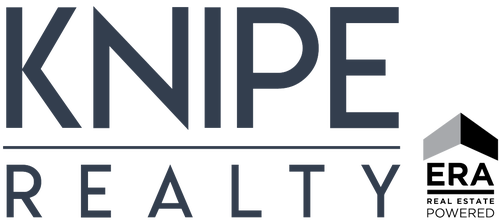1. How do I know if I’m ready to buy a home?
- Answer: Assess your financial stability, including your credit score, savings for a down payment, and your ability to secure financing. Also, consider your long-term plans and whether you’re ready to commit to a location. Speaking with a real estate agent and mortgage lender can help you to understand your personal situation, and what you need to have or do to make it work for you!
2. How much home can I afford?
- Answer: A general rule is that your monthly home payment should not exceed 28-30% of your gross monthly income. A mortgage lender can pre-approve you to give you a clearer picture of your budget.
3. What is the first step in the home-buying process?
- Answer: The first step is often getting pre-approved for a mortgage. This will help you understand your budget and show sellers that you’re a serious buyer.
4. How long does it take to buy a home?
- Answer: The timeline can vary, but on average, it takes 30-60 days to close on a home after making an offer. However, the search process can take anywhere from a few weeks to several months.
5. What is the difference between pre-qualification and pre-approval?
- Answer: Pre-qualification is an estimate of how much you can borrow, while pre-approval is a more rigorous process that involves submitting financial documentation to a lender and gives you a conditional commitment for a mortgage.
6. Should I sell my current home before buying a new one?
- Answer: This depends on your financial situation and market conditions. Some buyers need the equity from their current home to purchase a new one, while others may choose to buy first if they find the right property.
7. What costs are involved in buying a home?
- Answer: Beyond the down payment, buyers should budget for closing costs (typically 2-5% of the home’s purchase price), home inspections, moving expenses, and any immediate repairs or upgrades.
8. What should I look for in a neighborhood?
- Answer: Consider factors such as proximity to work, school districts, safety, local amenities, future development plans, and the overall vibe of the neighborhood.
9. How do I make a competitive offer on a home?
- Answer: To make a strong offer, consider offering a fair price based on comparable sales, minimizing contingencies, being flexible with the closing date, and including a pre-approval letter.
10. What is earnest money?
- Answer: Earnest money is a typically refundable deposit made to the seller to show your commitment to the purchase. It is usually 1-3% of the purchase price and is applied to your closing costs if the deal goes through.
11. What happens during a home inspection?
- Answer: A home inspector will evaluate the property’s condition, identifying any potential issues. Based on the inspection report, you may negotiate repairs or ask for a credit before closing.
12. Can I back out of buying a home after making an offer?
- Answer: Yes, but depending on the contract, you may lose your earnest money. If you have contingencies (like inspection or financing), you may be able to back out without penalty if those conditions aren’t met.
13. What is title insurance, and do I need it?
- Answer: Title insurance protects you and your lender from potential disputes over property ownership. It’s typically required by lenders and is recommended for all buyers.
14. How does the closing process work?
- Answer: Closing involves signing the final documents, transferring funds, and receiving the keys to your new home. This process typically takes place at a title company or attorney’s office.
15. What should I do after closing on my new home?
- Answer: After closing, you should transfer utilities, update your address with relevant institutions, review your home warranty, and plan any immediate repairs or renovations.


